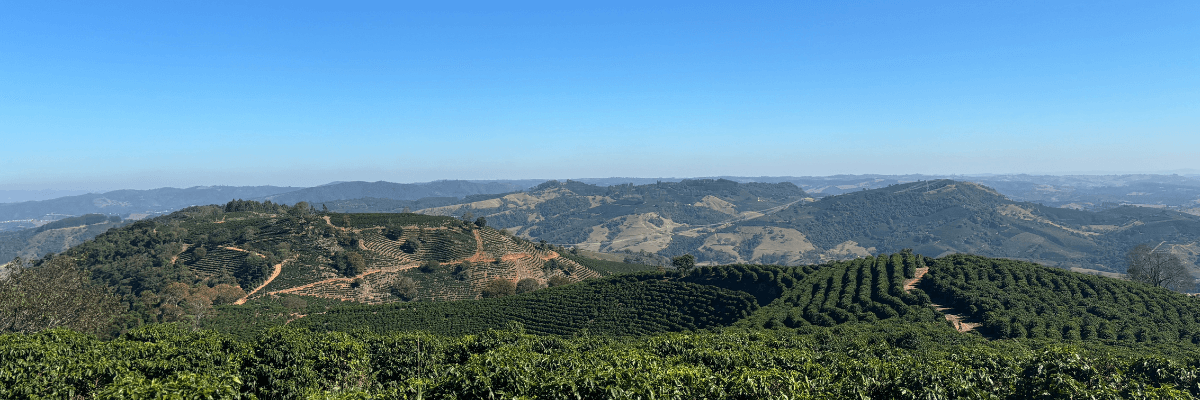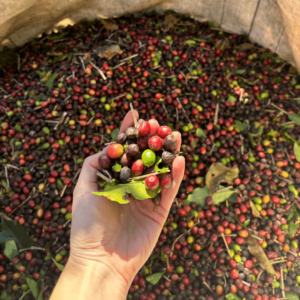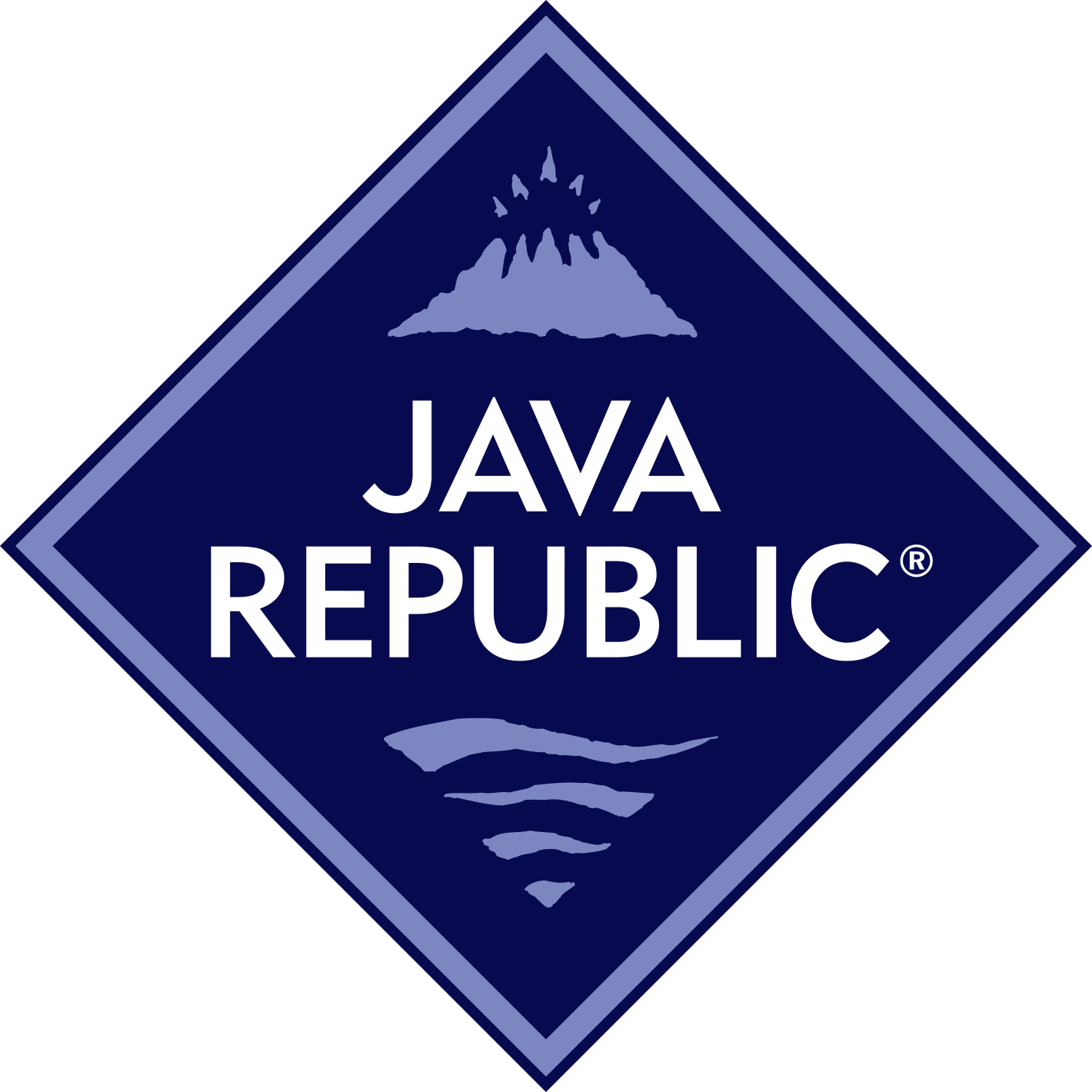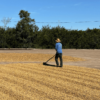Welcome to part three of our captivating coffee origin trip to Brazil! If you haven’t read the earlier parts yet, you can catch up with part one and part two.
In this installment, we take you to the enchanting Palmital farm, the source of the specialty Brazilian beans that make our popular Mestizo blend so unique. The lush landscapes and meticulous cultivation practices at Palmital promise an extraordinary coffee experience.
At Java Republic, visiting farms at the source is more than just a ‘tick box exercise’ — it’s a vital part of our commitment to sustainability and ethical sourcing. Building strong, long-term partnerships with farmers is at the heart of what we do.
We’ve proudly sourced our beans from Palmital for the past eight years. By connecting directly with the farmers, we ensure the highest quality beans, while supporting their livelihoods and sustainable practices.



Join us as we explore the rich stories and deep connections that make our coffee truly special.
History of Palmital Estate Coffee
Located in the mountains of the Serra do Pau D’Alho in the district of Cabo Verde, Palmital was purchased in the 1920s by Joaquin Sebastião de Souza. The grandfather of current owner, Carlos Augusto Rodrigues de Melo.
Carlos August has managed the farm since the 1970s and is currently preparing to hand the farm over to his son, Augusto.
Over the years, the family has built up a tradition and reputation of producing top quality coffee in a sustainable way.

Sustainability at Palmital
The farm pritotises the welfare of their employees, which was evident when visiting and meeting the team on the ground.
36 families live on the farm in houses equipped with running water, sanitation and electricity. Palmital provides the employees and their families with free transportation to the local primary and secondary schools, as well as to medical facilities in the town of Cabo Verde.



Their impact on the environment is a primary concern and they are constantly innovating to launch more sustainable practises:
- Palmital recycles all waste water after treatment in a series of tanks
- The estate is powered by solar energy
- There are 61 hectares of forest and protected areas preserved for native vegetation and wildlife
- They use the coffee husk as chicken coop bedding. Then twice a year, the chicken coop bedding is repurposed to use as fertilizer.
Coffee
Coupled with mild climate, well-drained soil and modern coffee processing facilities, the Cabo Verde region has great potential for coffee production.
Mundo Novo and Catuai are the two main varietals grown at Palmital. These coffee cherries are mainly handpicked due to the mountainous terrain of the farm.
The cherries are then processed in a modern wet mill, dried under the sun on the patios and then dried in mechanical driers. Wooden silos ensure the dried coffee is rested for on-site dry milling.
These very beans are used in one of our most popular coffee blends: Mestizo.
Blended along with beans from Costa Rica, Peru and from this estate in Brazil, Mestizo has a round and smooth taste with notes of raspberry and caramel.
Check it out in our online shop and brew it at home:

Meeting Carlos Augusto, his family and his dedicated team, deepened our appreciation for each coffee bean that we roast. Their passion and hard work behind every bean help bring our Mestizo blend to life.
Every cup of coffee tells a story, beginning on a farm and traveling across the world through a network of passionate people.




You must be logged in to post a comment.